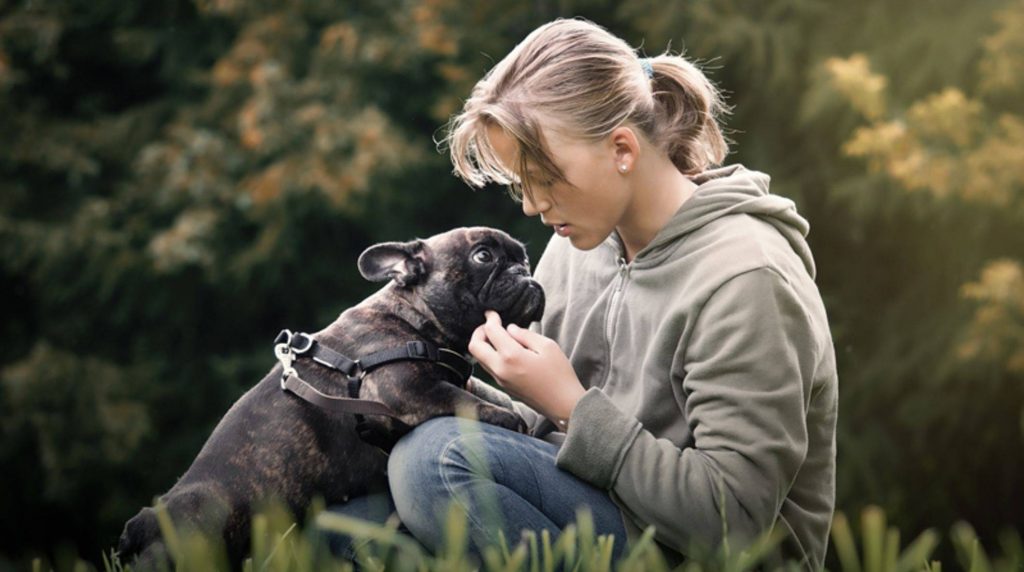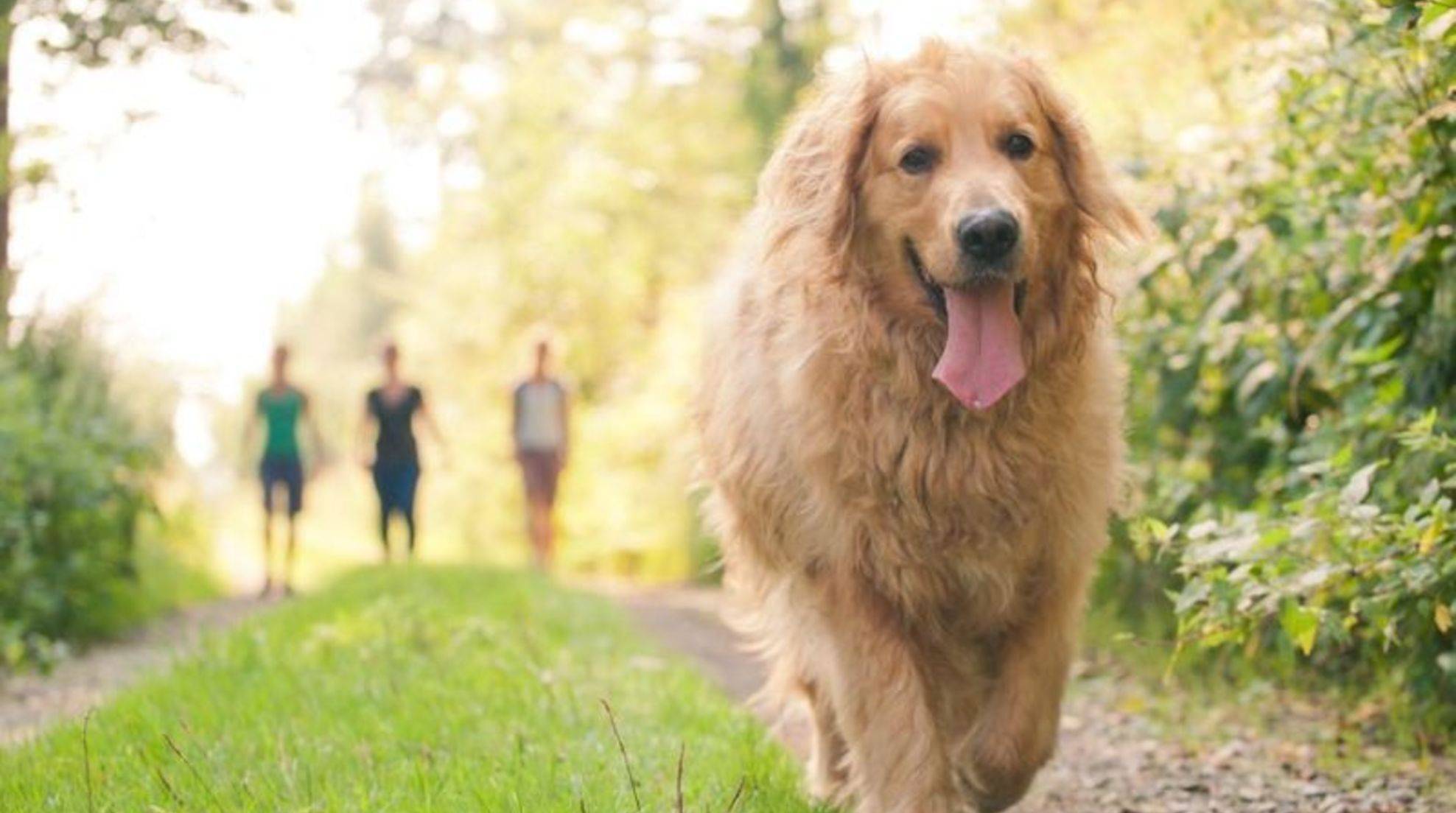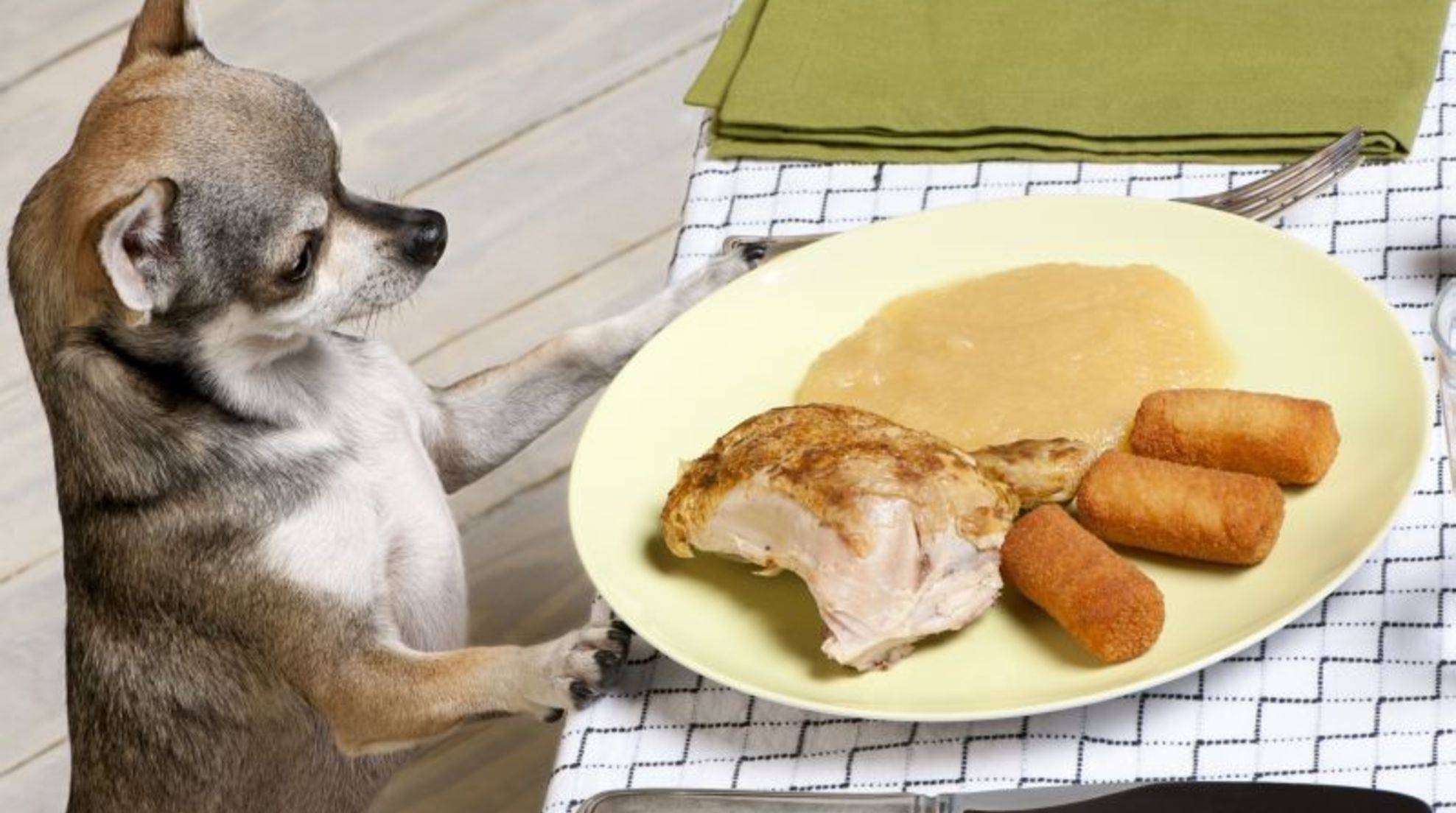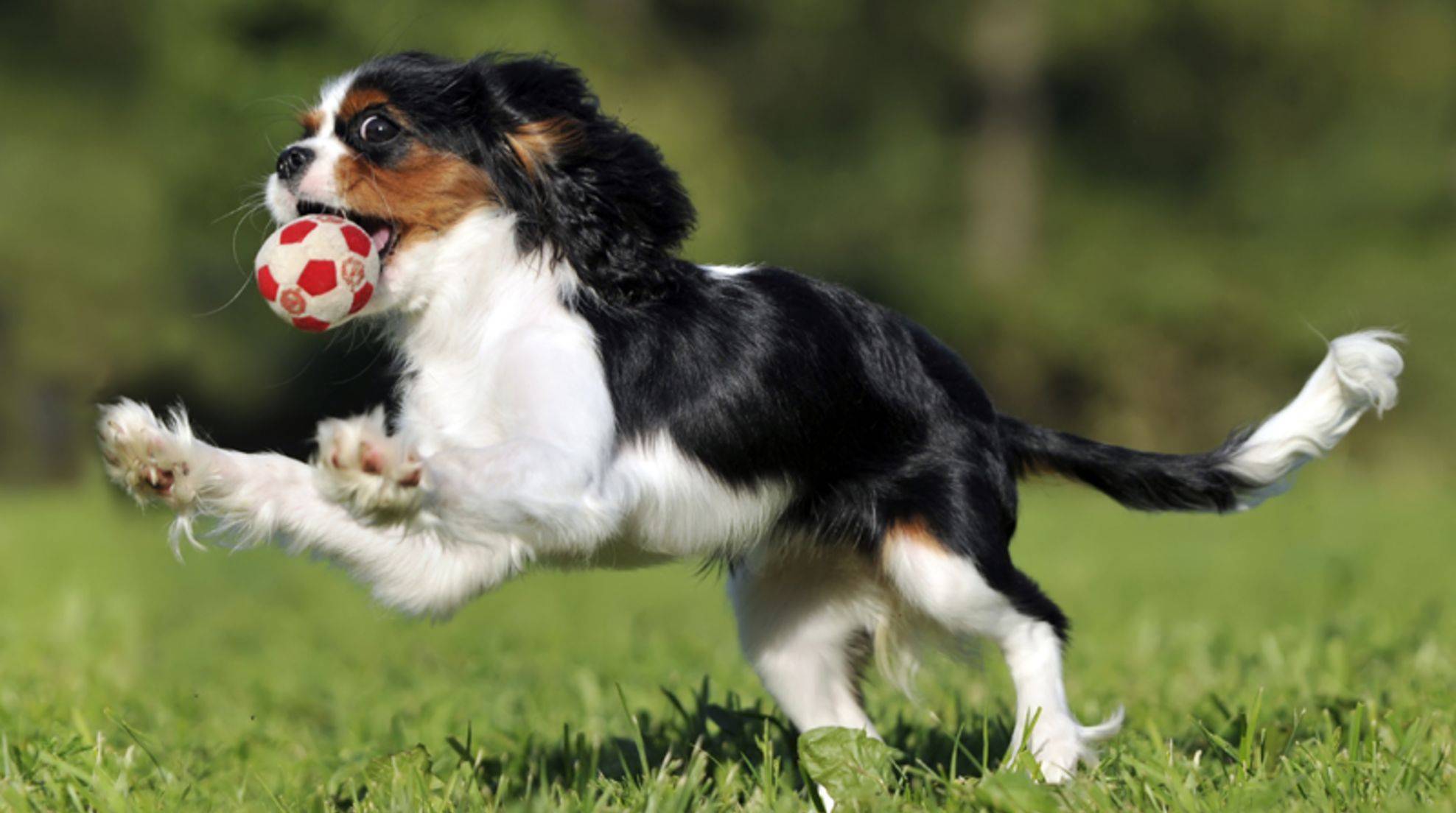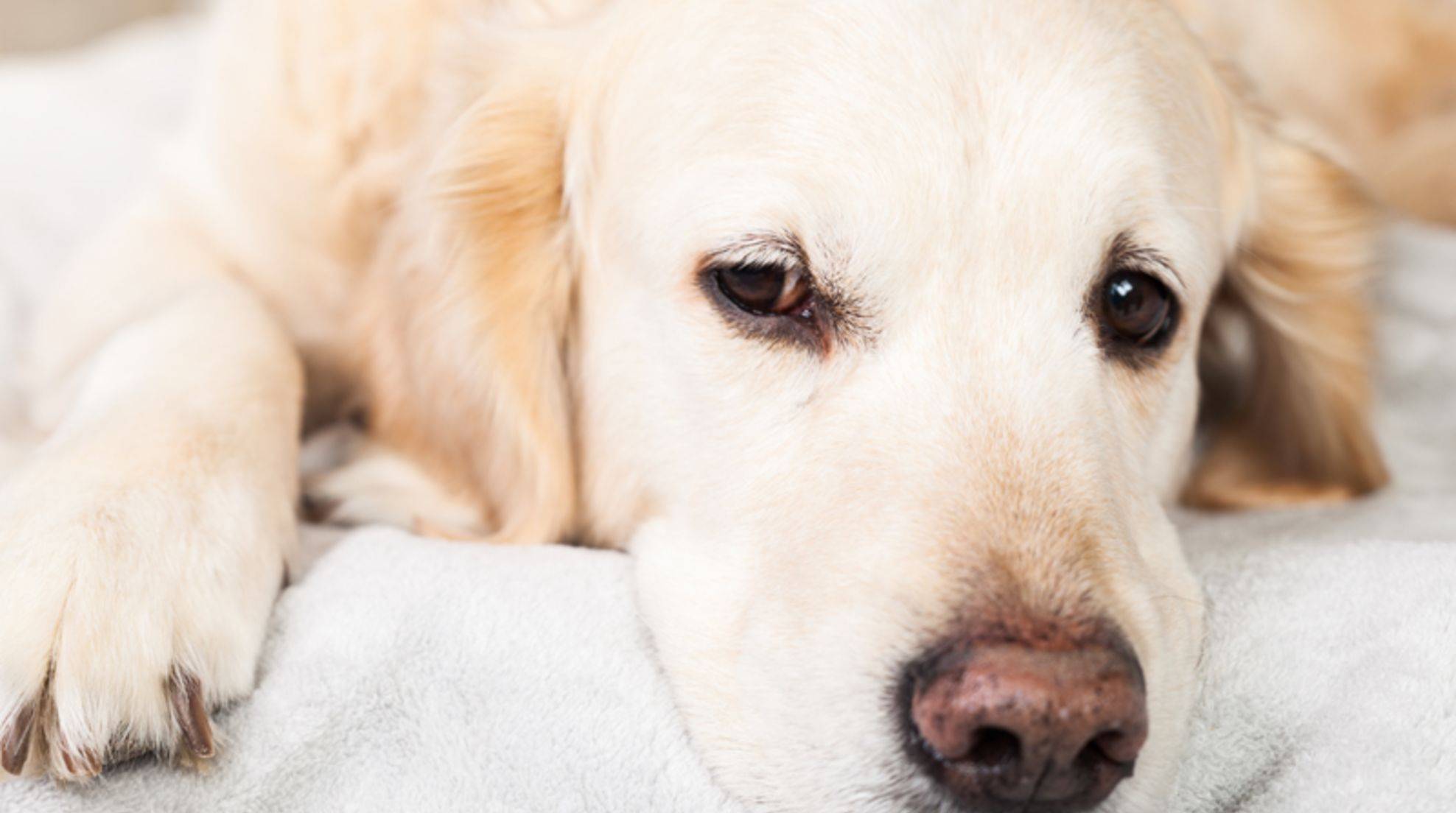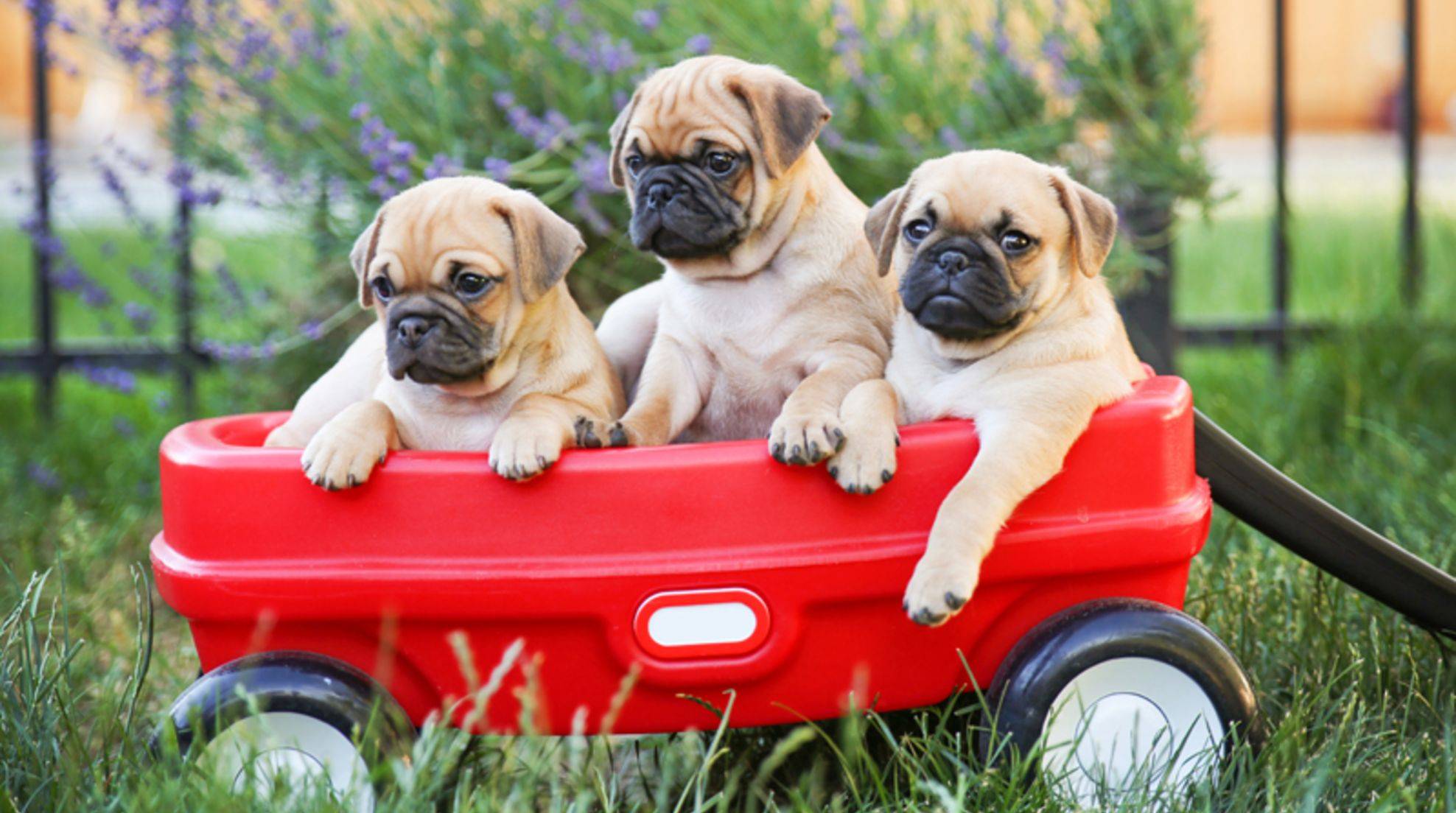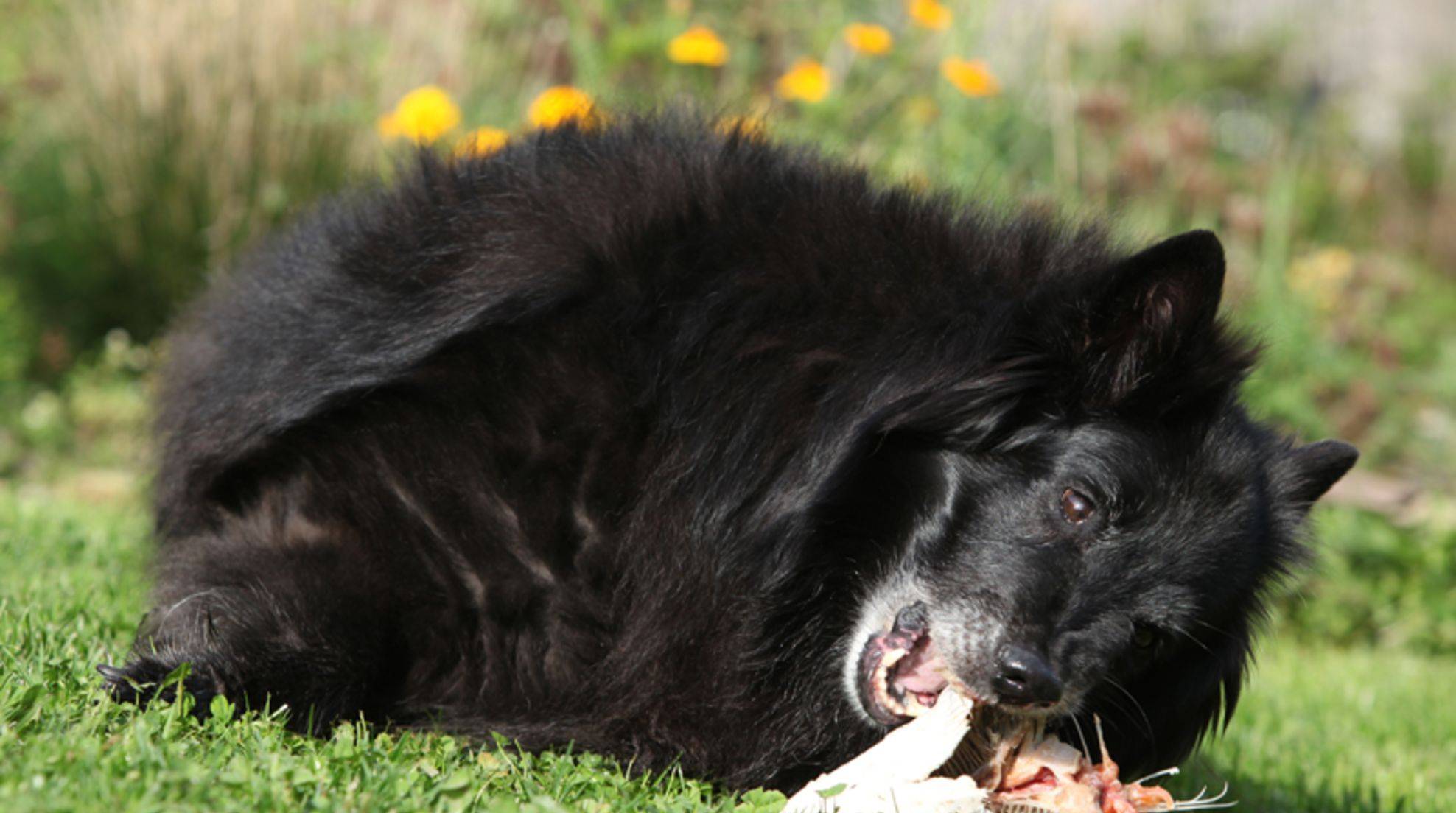Study shows: Dogs are into baby talk.
“Such a good boy!” “Yes, fine!”, “Would you like some food?”: Owners like to communicate with their dogs as if they were babies. But they are often ridiculed for this in public. Scientists have discovered that they are wrong to do so.
If you talk to a dog, you can’t help it: your voice is raised, words are emphasized particularly clearly, absurd terms like “poopie” come across your lips – and that’s all there is to it, the typical baby language in which many a master and mistress communicate with their dog.
Every wagging tail and every loyal doggy look is then rewarded with an enthusiastic “Yes, you find one!”. But if you talk to your dog like a baby, you’re doing your four-legged friend a favor. Because that’s precisely what fur noses like, at least that’s what emerges from a study by New York researchers published in the journal Animal Cognition.
Dogs like baby language
To the realization, the scientists came, by an experiment, in which 37 dogs participated. Each of the four-legged friends was led on a leash into a room where two humans were present. The researchers then played various spoken phrases and words to the animals – once in a normal voice, another time in a baby voice.
Meanwhile, the scientists measured how long the dogs were attentive during each recording. Then the researchers let the dogs off their leashes to see which of the two humans they preferred to linger with.
The result: puppies preferred high-pitched voices. The little puppies were more attentive as soon as they were spoken to in an exaggerated, high-pitched voice. On the other hand, older animals were more interested in the content of the spoken sentences and words – for example, terms like “walk,” “food,” or similar.
Addressing dogs like babies: What’s behind it?
When masters or mistresses talk to their dogs like babies, it seems funny at first glance. Researchers assume, however, that the phenomenon is essential for the human-animal relationship. It strengthens the bond between the two.
Behind the baby talk is less a reaction to a cute dog than a basic impulse to want to communicate with the animal that doesn’t understand the language. At the sight of a puppy, this stimulus intensifies. The reason: the infant schema, in which the facial features and proportions of a baby trigger protective and nurturing behavior.

